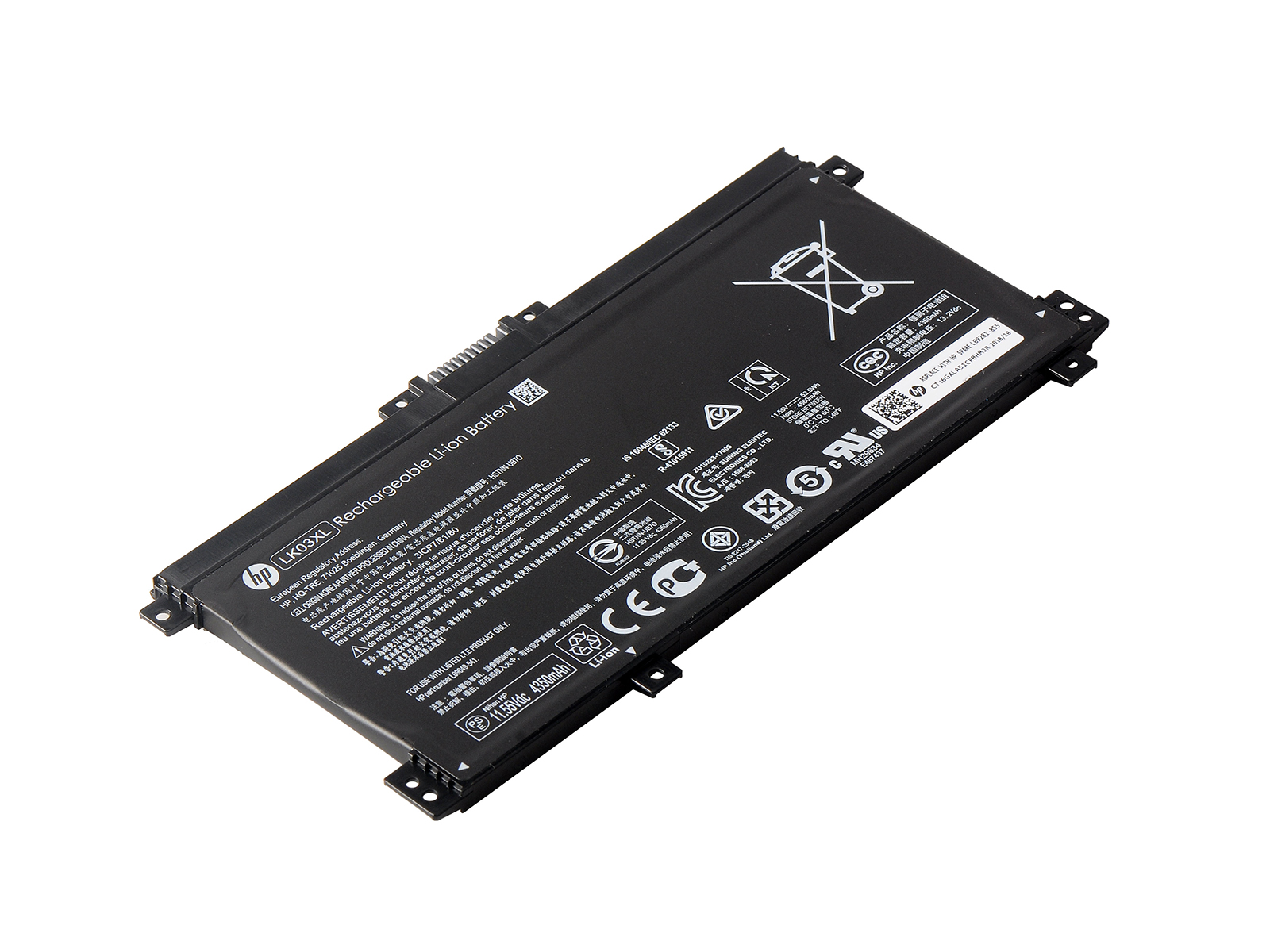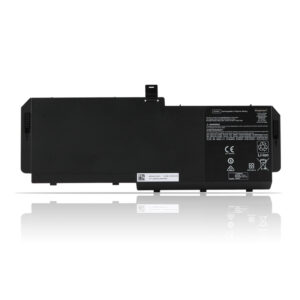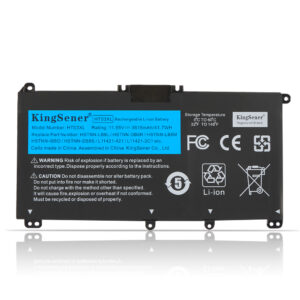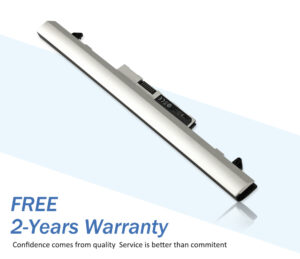Laptop battery is one of its core components, and its performance directly affects the device’s battery life and overall user experience. As time goes by, the battery capacity will gradually decay, resulting in shorter battery life and even frequent shutdowns.
Therefore, many users will consider replacing old batteries to improve performance. However, whether replacing old batteries can really improve the performance of laptops is a question worth exploring in depth.
Correlation between battery performance and system performance
First of all, it should be made clear that battery performance is not directly linked to system performance. The main function of the battery is to provide power for the laptop, while system performance depends on the hardware configuration such as CPU, memory, hard disk, and the optimization degree of operating system and software.
High-performance systems usually mean higher power consumption, which accelerates battery wear. For example, when performing high-load tasks, the CPU and GPU will generate a lot of heat, causing the battery temperature to rise and accelerating battery aging.
Replacing the battery only replaces the power supply module and does not directly affect key performance indicators such as CPU processing speed, memory capacity or hard disk read and write speed.
Impact of battery degradation on system performance
Although battery performance is not directly related to system performance, battery degradation will indirectly affect system performance. Battery capacity determines the battery life of a laptop. When the battery capacity is insufficient, even with powerful hardware configuration, the system performance cannot be fully utilized.
For example, when performing high-load tasks such as gaming and video rendering, insufficient battery power will cause the system to frequently enter energy-saving mode, reduce CPU frequency, and thus affect system operating speed. On the contrary, sufficient battery capacity can ensure long-term stable operation and avoid system performance degradation due to insufficient power.
The battery health status affects the system stability. Aging batteries may have problems such as slower charging and discharging speeds and reduced capacity, causing the system to frequently freeze or freeze.
This is not a performance problem of the system itself, but rather a power shortage caused by degraded battery performance, which in turn affects the stable operation of the system.
The actual effect of replacing the battery
The essence of replacing the battery is to provide a longer-lasting power supply, not to upgrade the hardware. Just like a car with a replaced battery, the mileage will increase, but the engine horsepower will not be increased. The performance of a laptop depends on the hardware configuration such as the CPU, memory, and graphics card. Replacing the battery cannot change the performance indicators of these hardware.
For example, a laptop with low configuration still cannot run large games or professional software smoothly even if it has a new battery, because its CPU, memory and other hardware performance are insufficient, and even if the battery provides sufficient power, it cannot overcome the limitations of the hardware itself.
Therefore, replacing the battery can improve the user experience, but it is not a panacea for improving system performance. For laptops with low hardware configuration, replacing the battery will not bring significant performance improvement. If you want to improve system performance, you need to consider upgrading the CPU, memory, graphics card and other hardware.
Optimize battery performance and improve overall user experience
In order to get the best laptop experience, we should focus on the coordinated optimization of battery performance and system performance.
Choose the right battery capacity: Choosing the right battery capacity depends on your personal usage habits and needs. For users who often work outside or need to use their laptops for a long time, you can choose a battery with a larger capacity to ensure sufficient battery life. For users who mainly use their laptops at home or in the office, you can choose a battery with a relatively small capacity to reduce weight and volume.
Regularly maintain the battery: Regular battery calibration can prevent overcharging and over-discharging of the battery, thus keeping the battery in optimal working condition. In addition, try to avoid placing the laptop in a hot or humid environment, as high temperature and humidity will accelerate battery aging.
Reasonably set the system energy-saving mode: The system energy-saving mode of the laptop can effectively reduce power consumption and extend battery life. However, different energy-saving modes have different effects on system performance. It is recommended to adjust according to the actual usage scenario to balance performance and battery life requirements.
Avoid long-term high-load operation: Long-term high-load tasks, such as gaming, video editing, or running large software, will increase the battery temperature and accelerate battery aging. Therefore, it is recommended to avoid long-term high-load tasks as much as possible. If you need to perform high-load tasks for a long time, it is recommended to use an external power supply to reduce the burden on the battery.
If you want to learn more about batteries, please visit:BatteryMall.com/blogs/support




